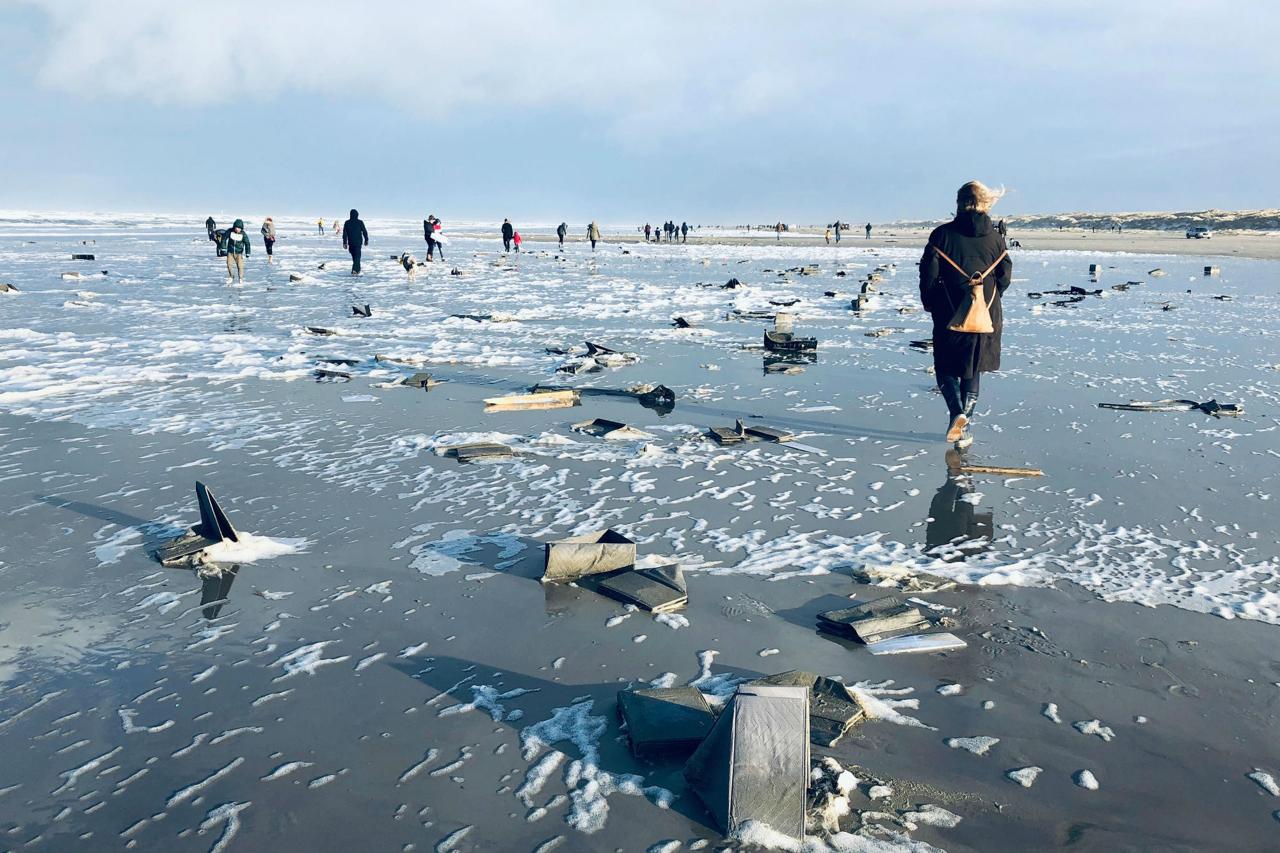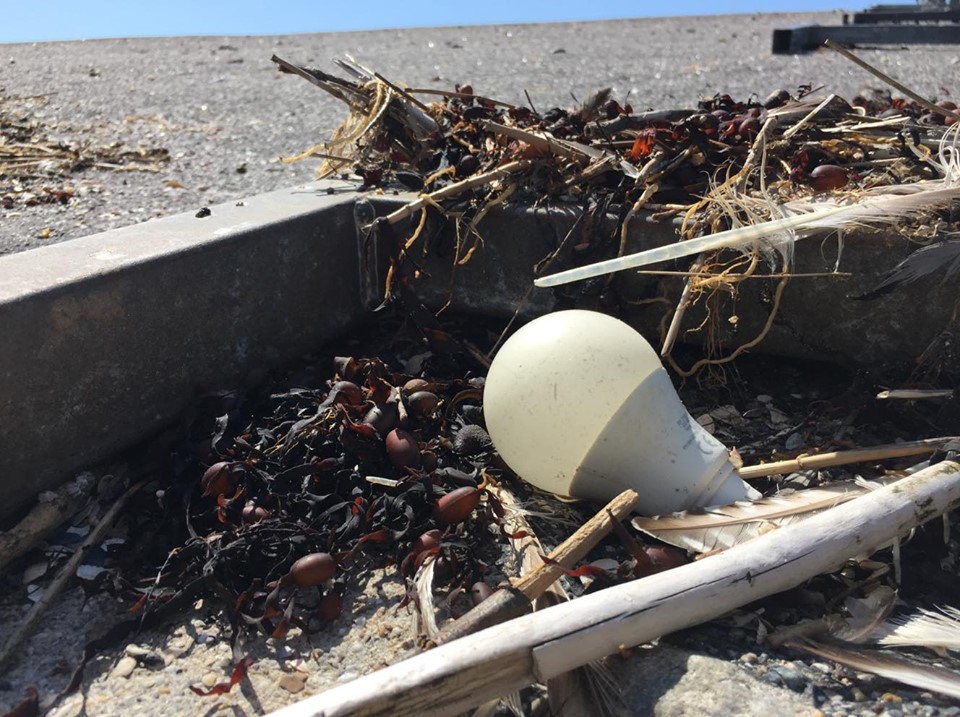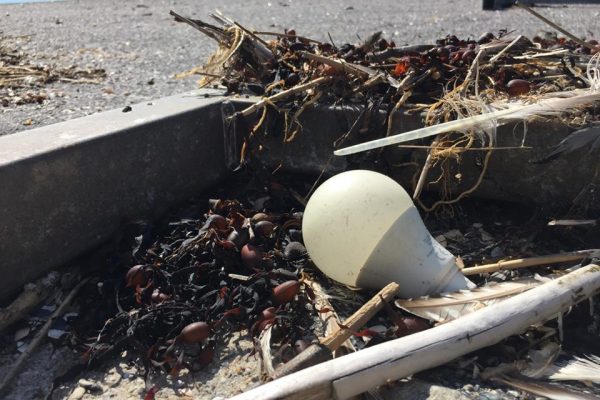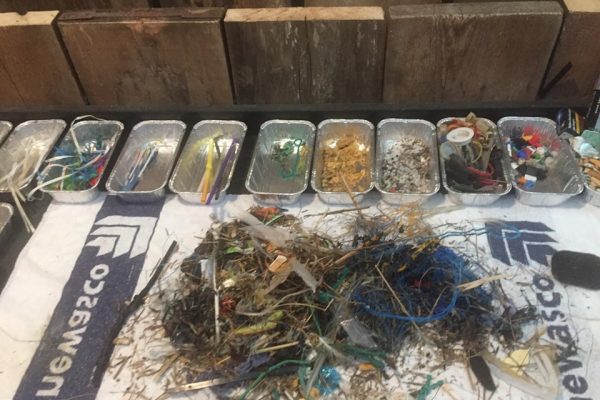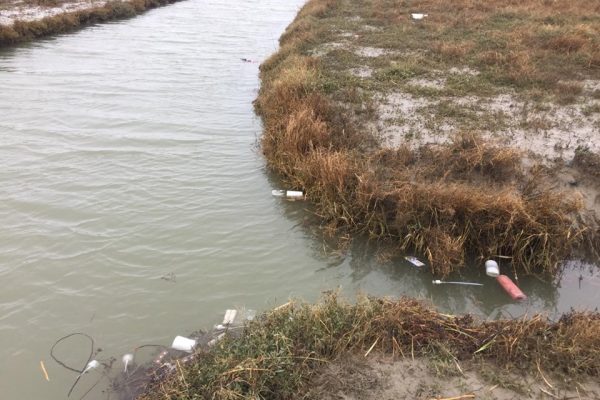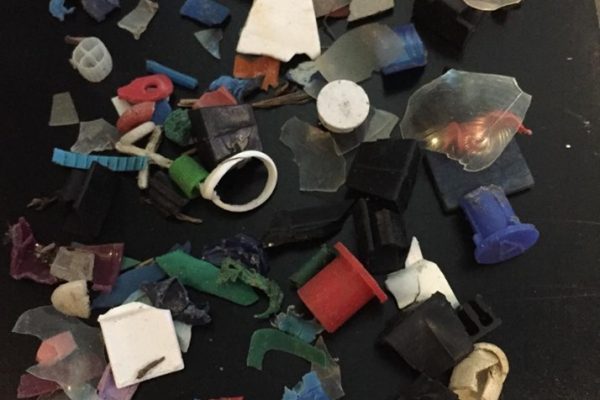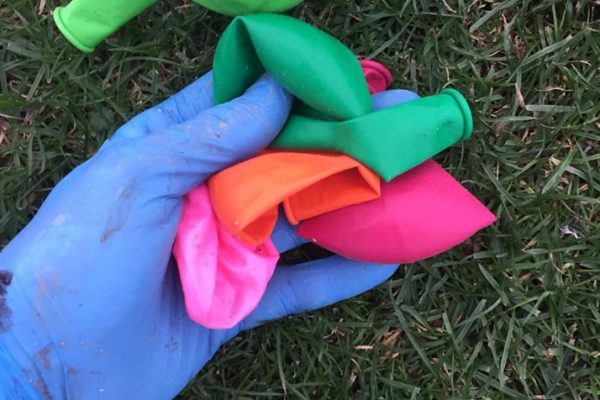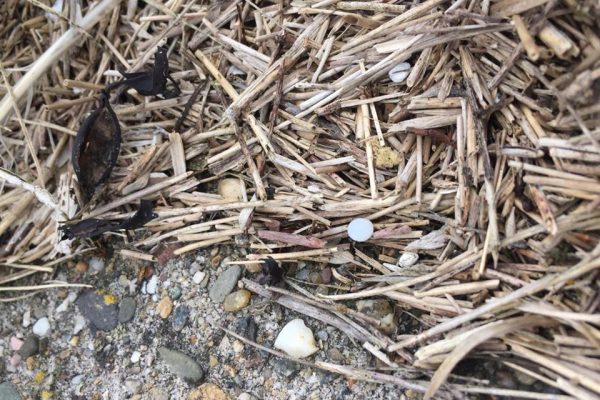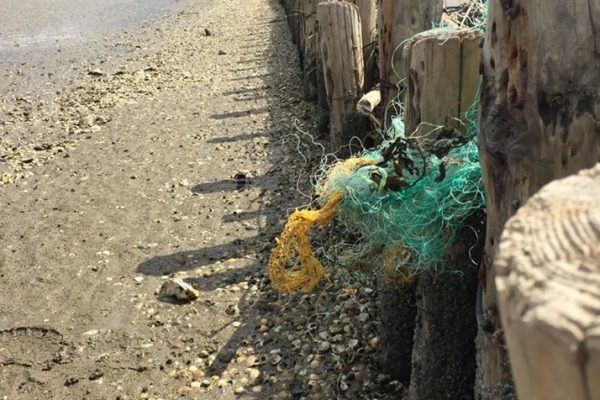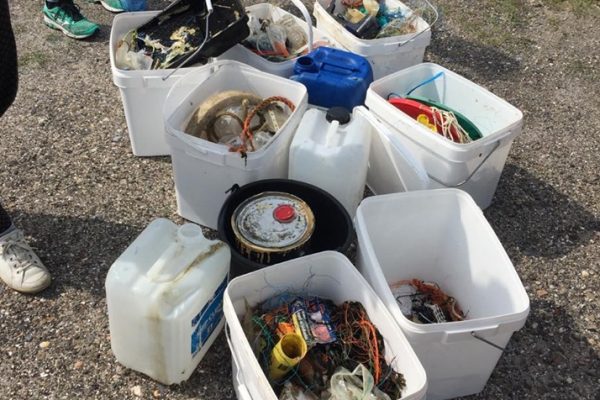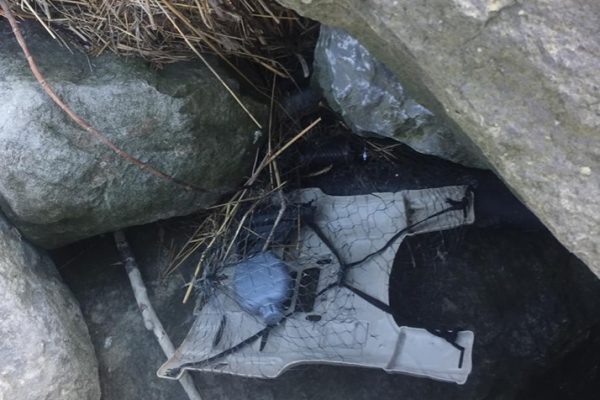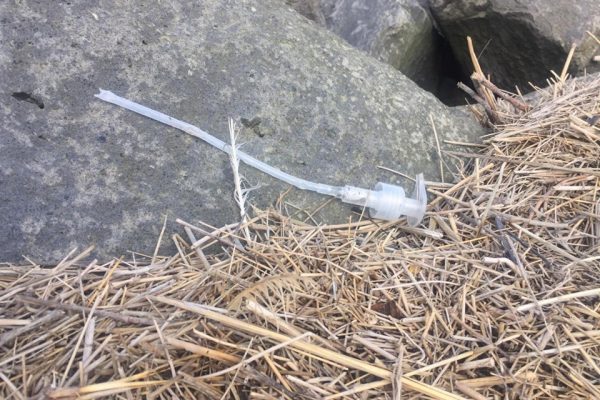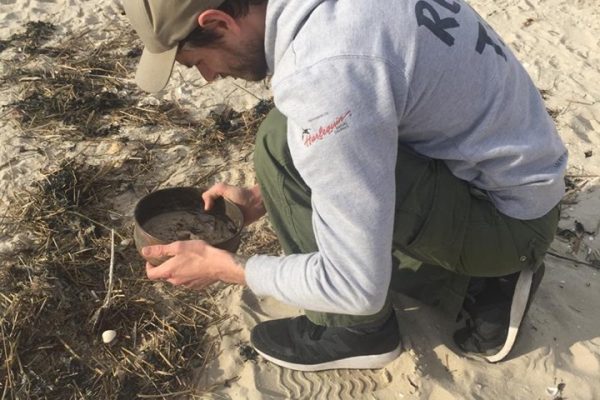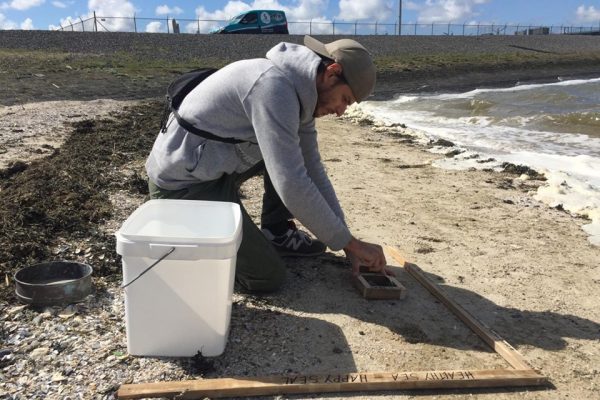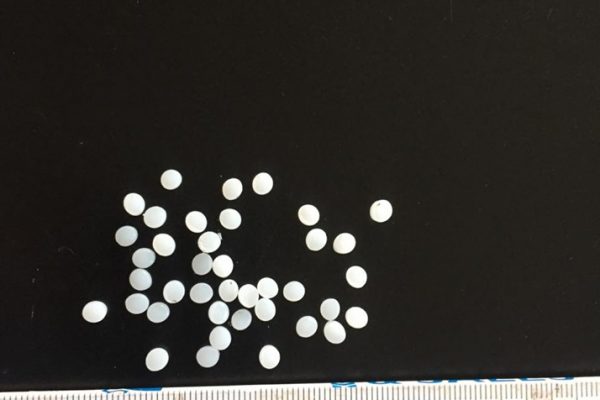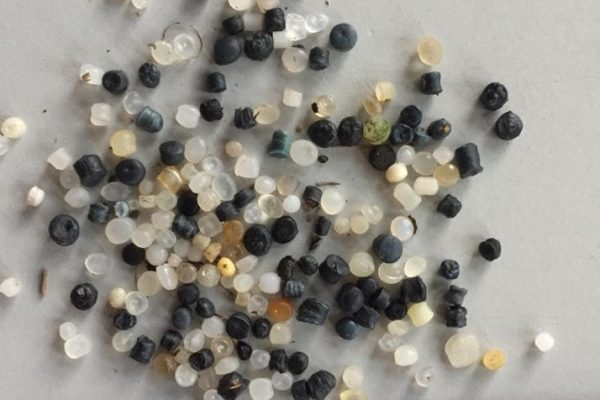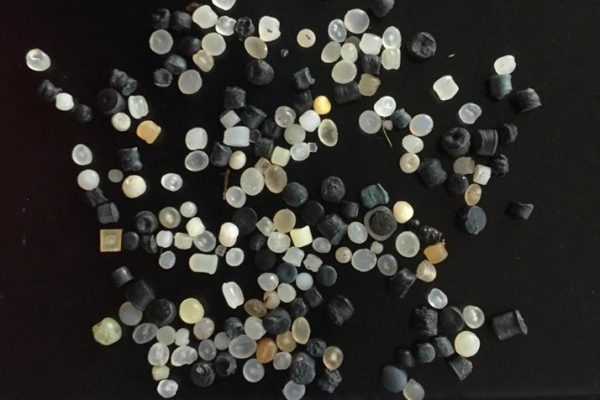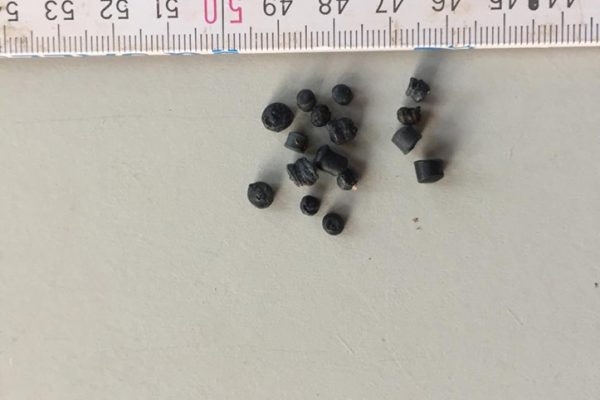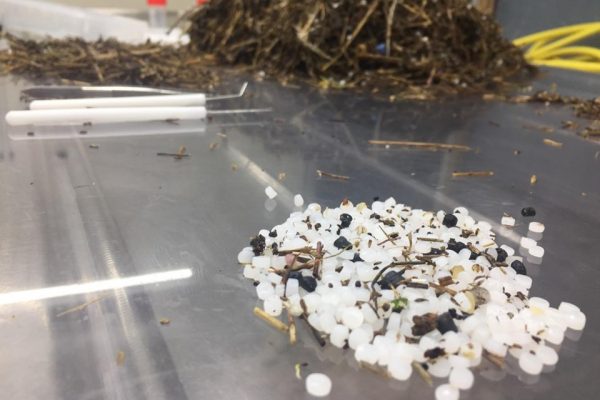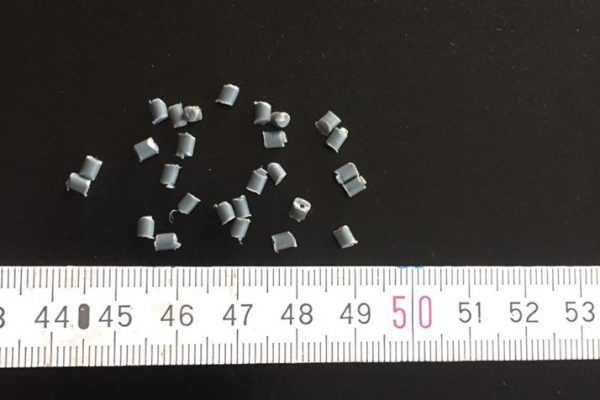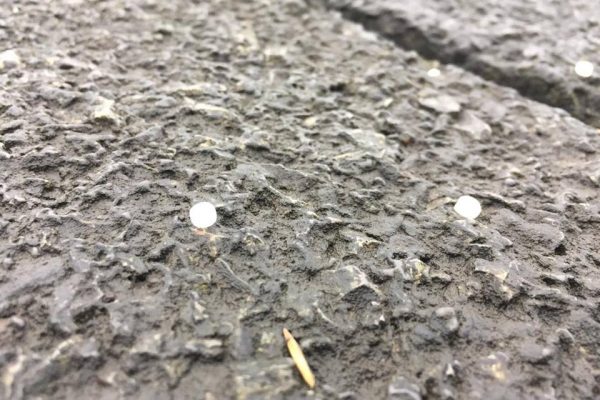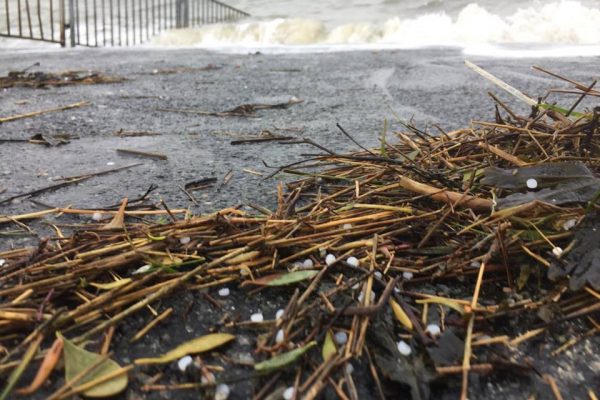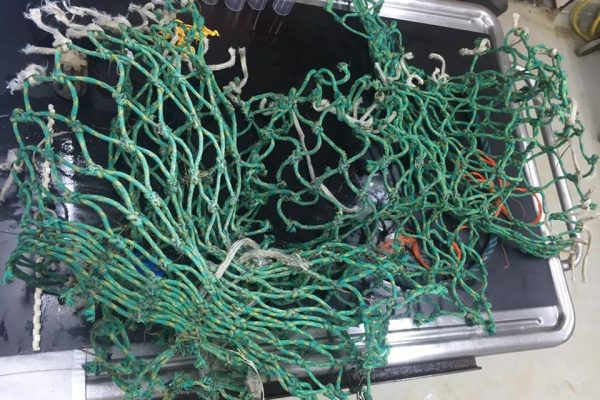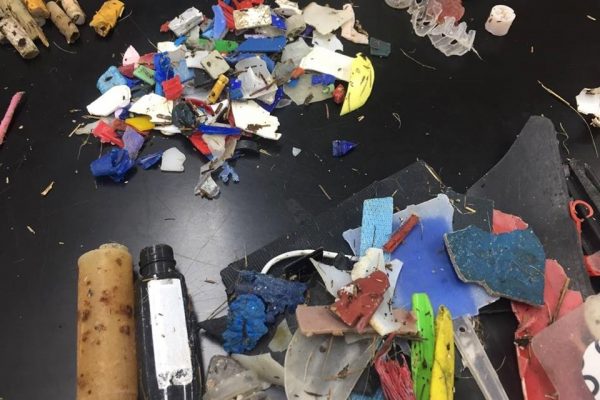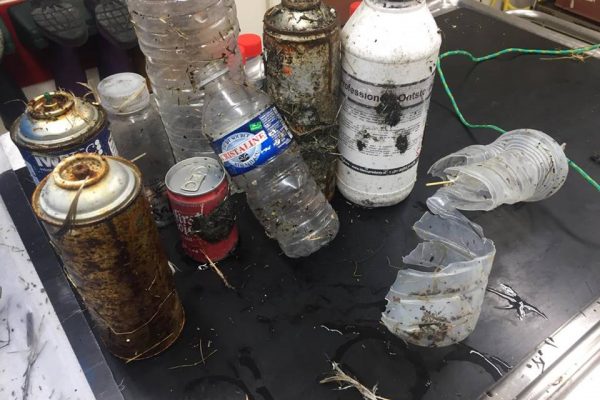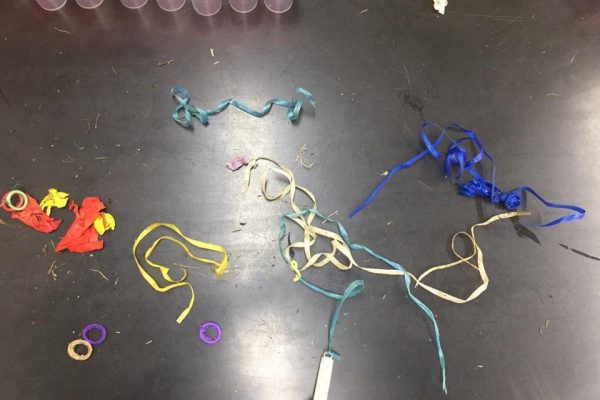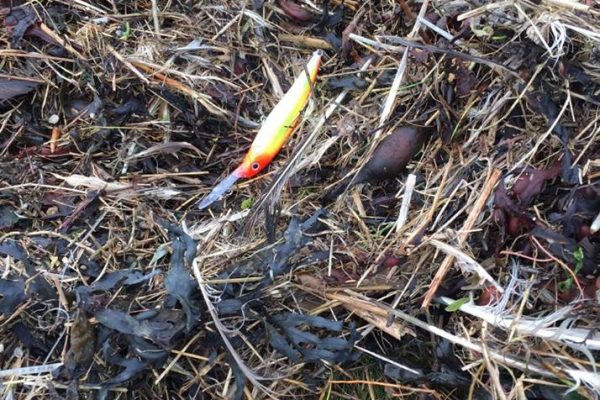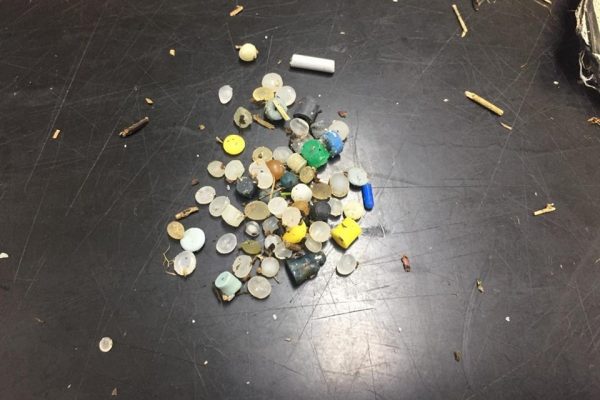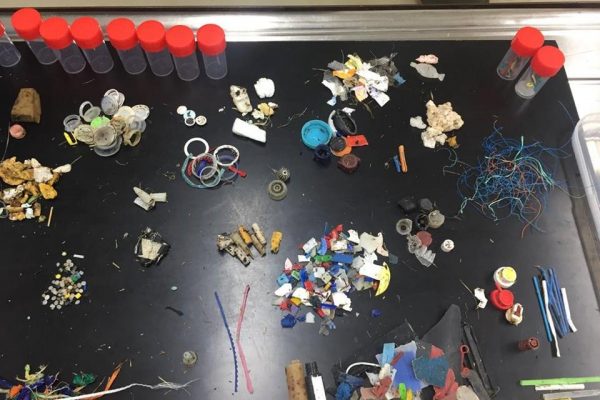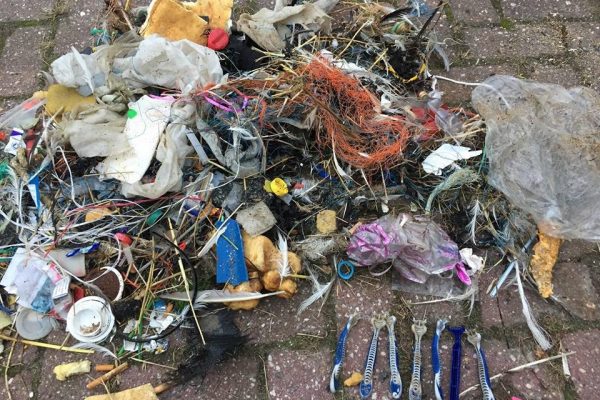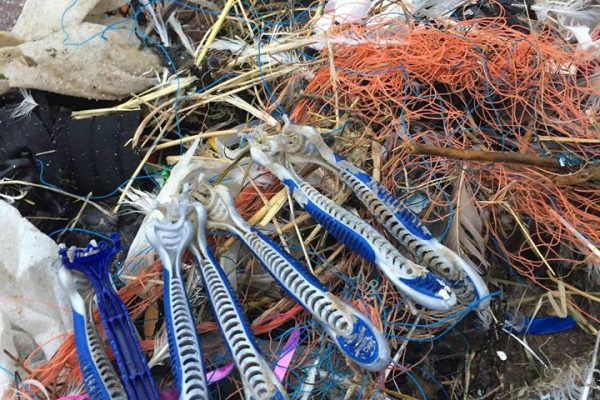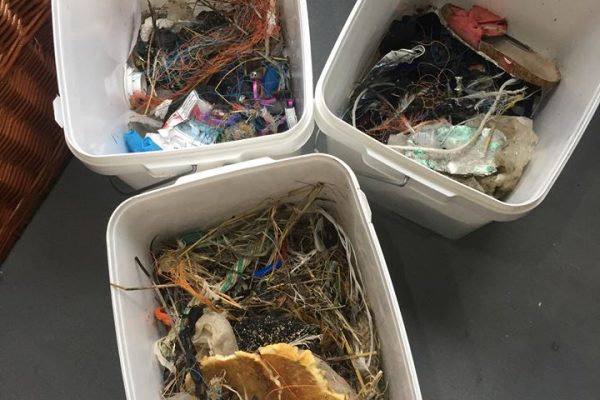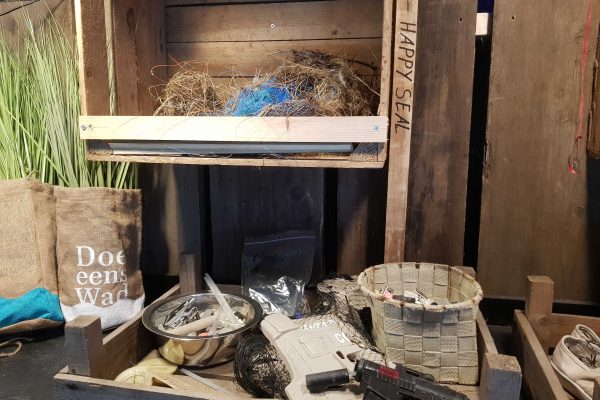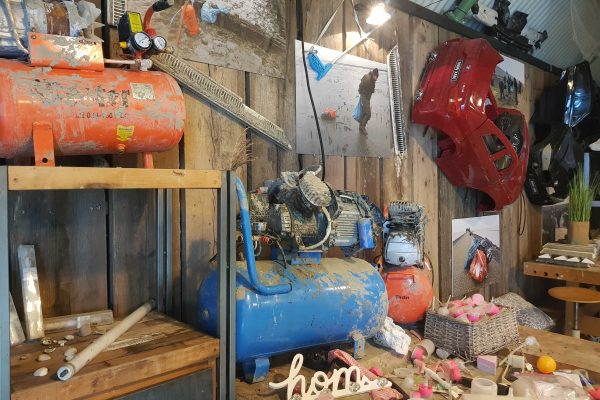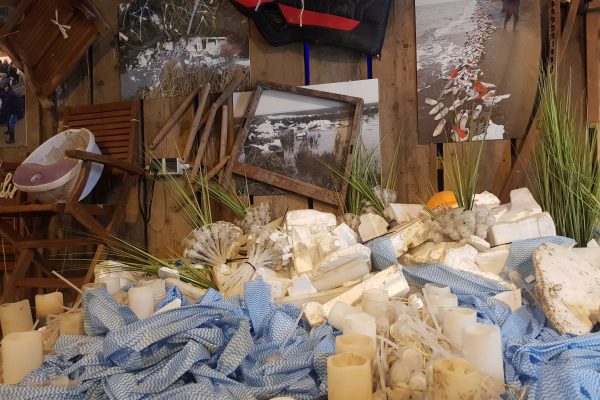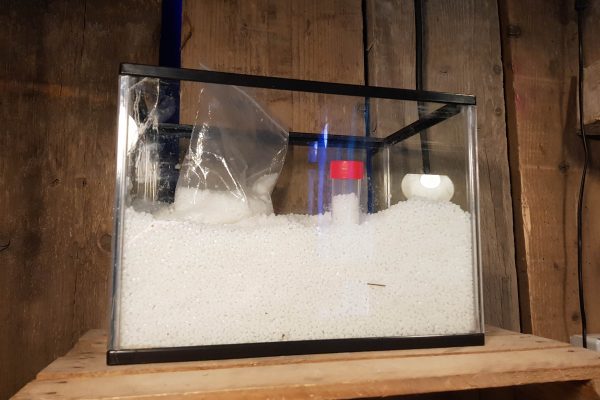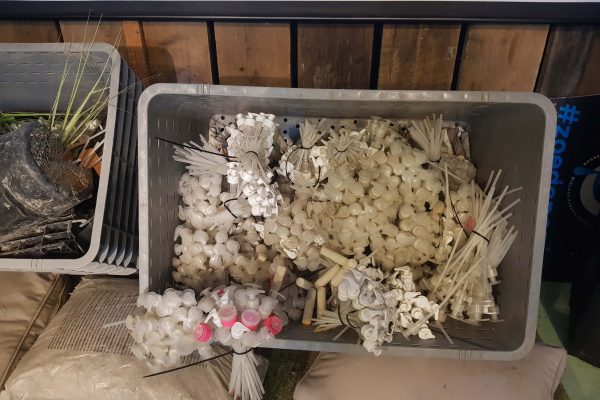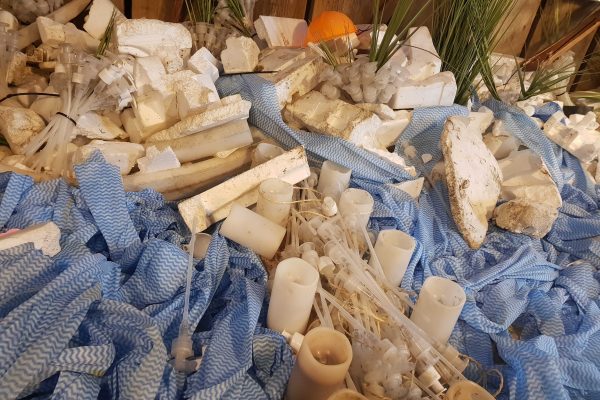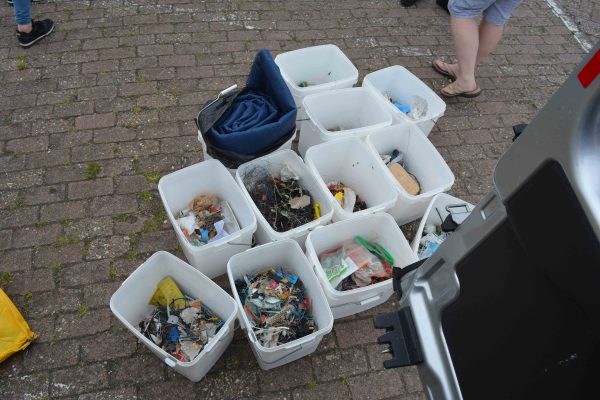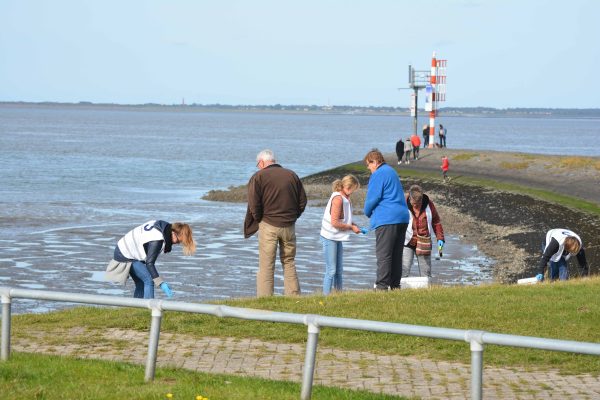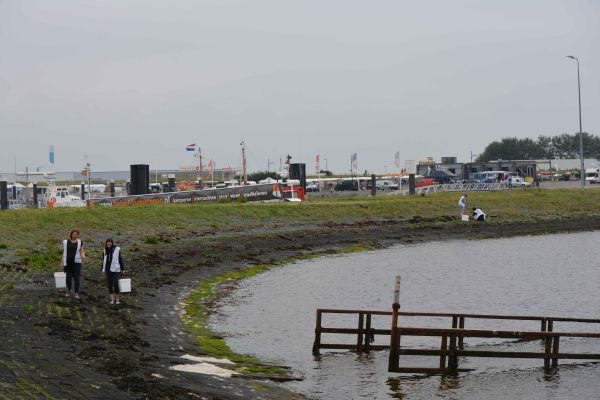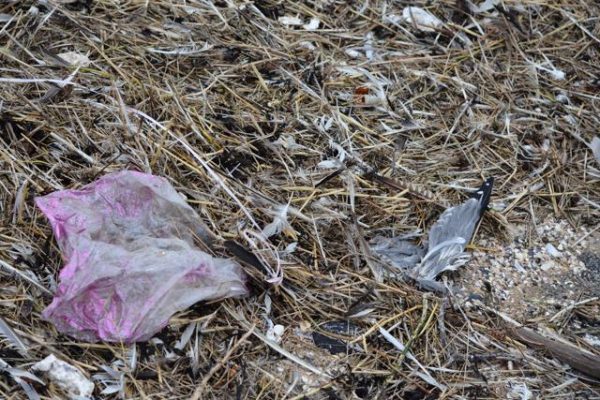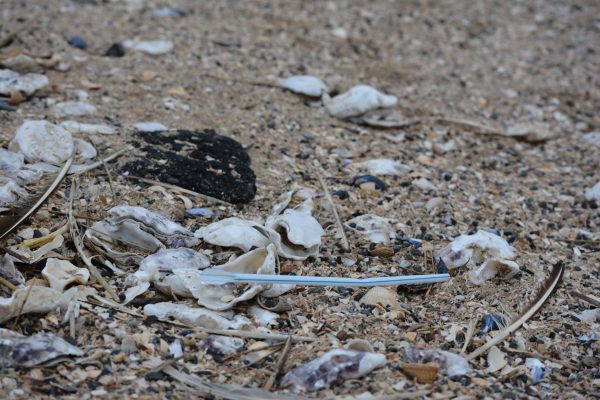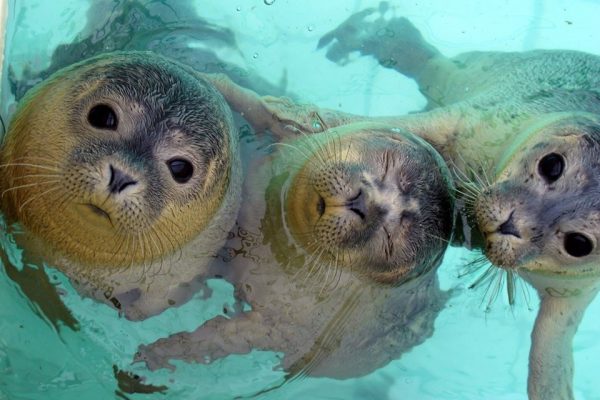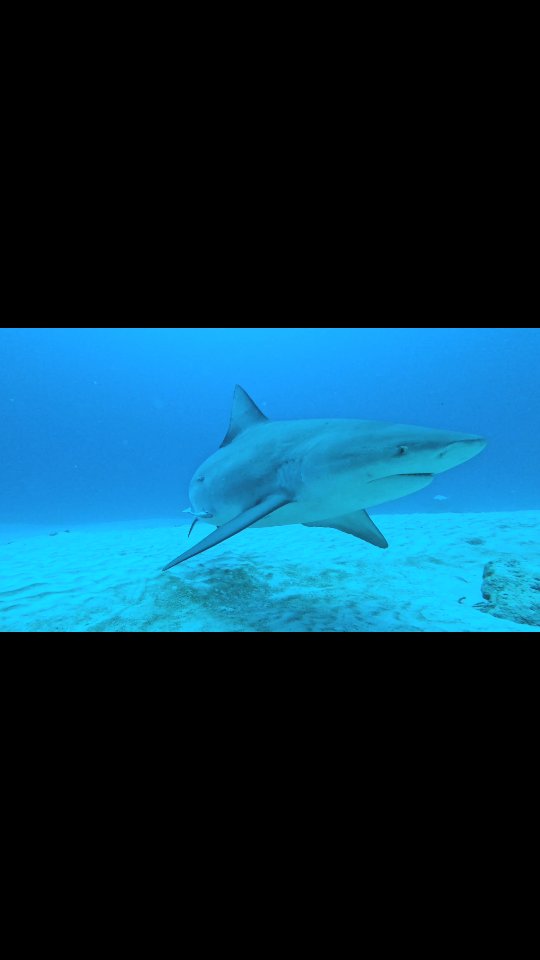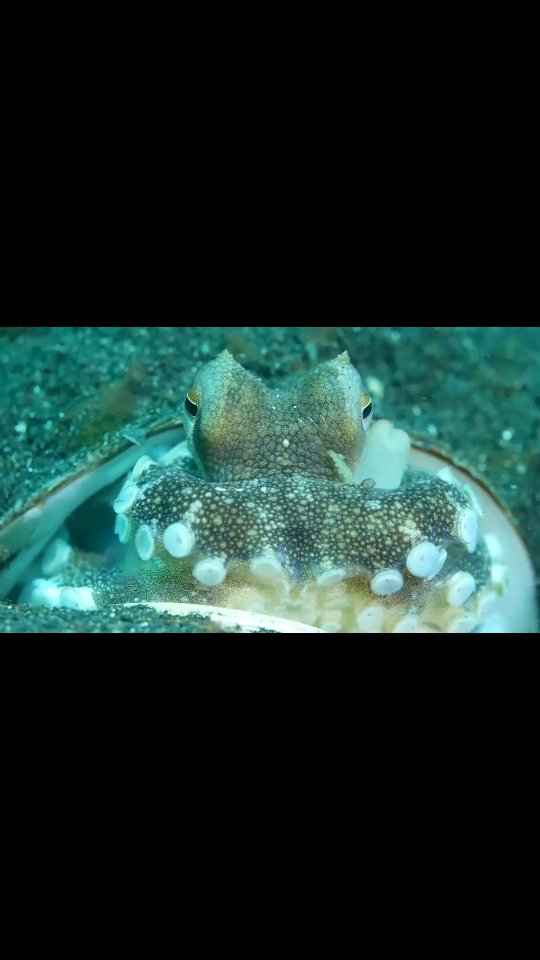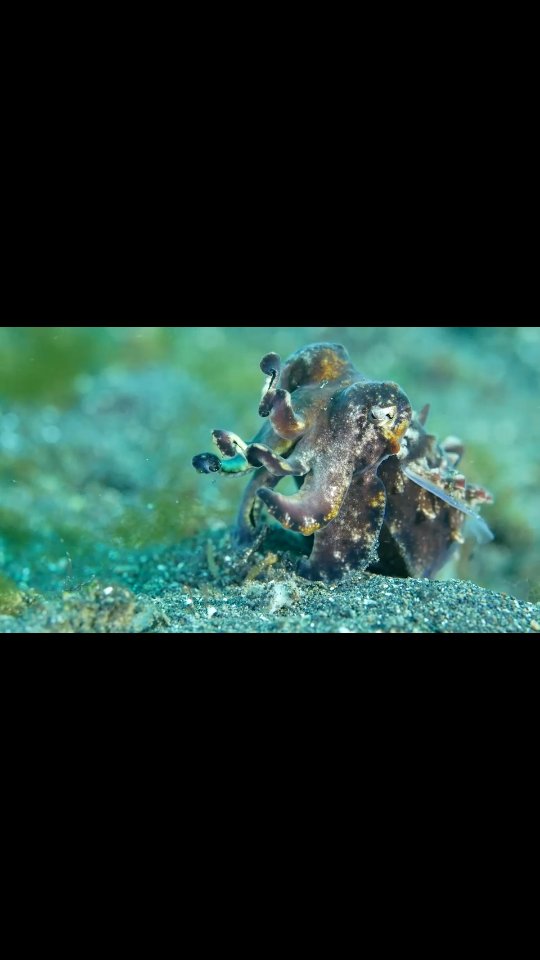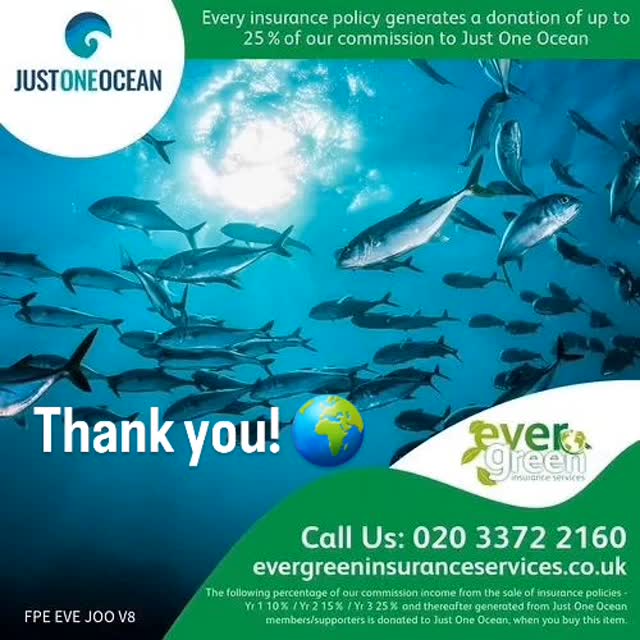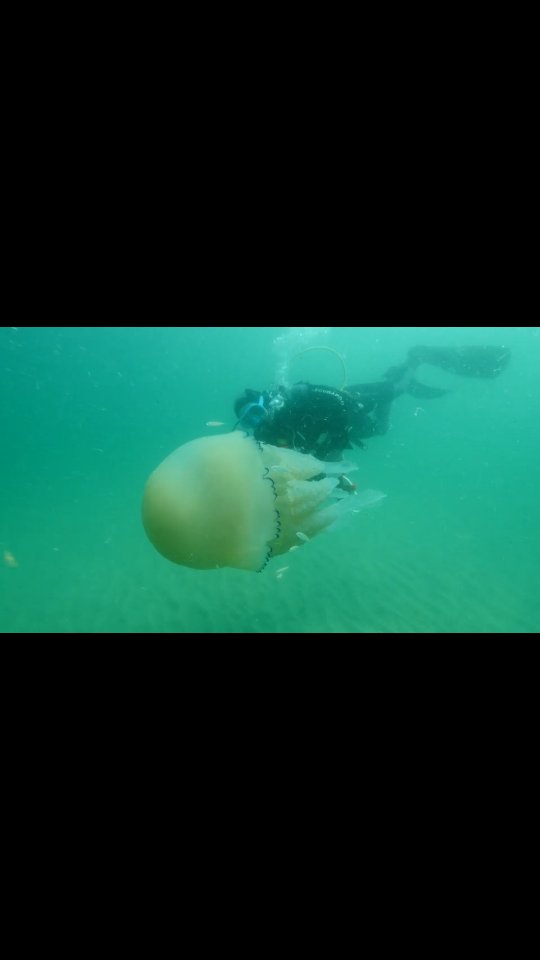At the beginning of January 2019, the massive container ship MSC Zoe was transiting in the North Sea off the Dutch/German coast. Caught by the 10m waves caused by Storm Zeetje, 345 containers were lost from the ship. The result for the islands and coastline of the Wadden Sea region, a World Heritage area, was disastrous. Toxic chemicals, plastic pre-production pellets and litter hit the coastline. Among the rubbish found on Terschelling’s long, sandy beaches were shoes, bags, cushions, chairs, TVs and plastic cups. Volunteers were quick to get to work and in one area alone 130 tonnes of waste were collected.
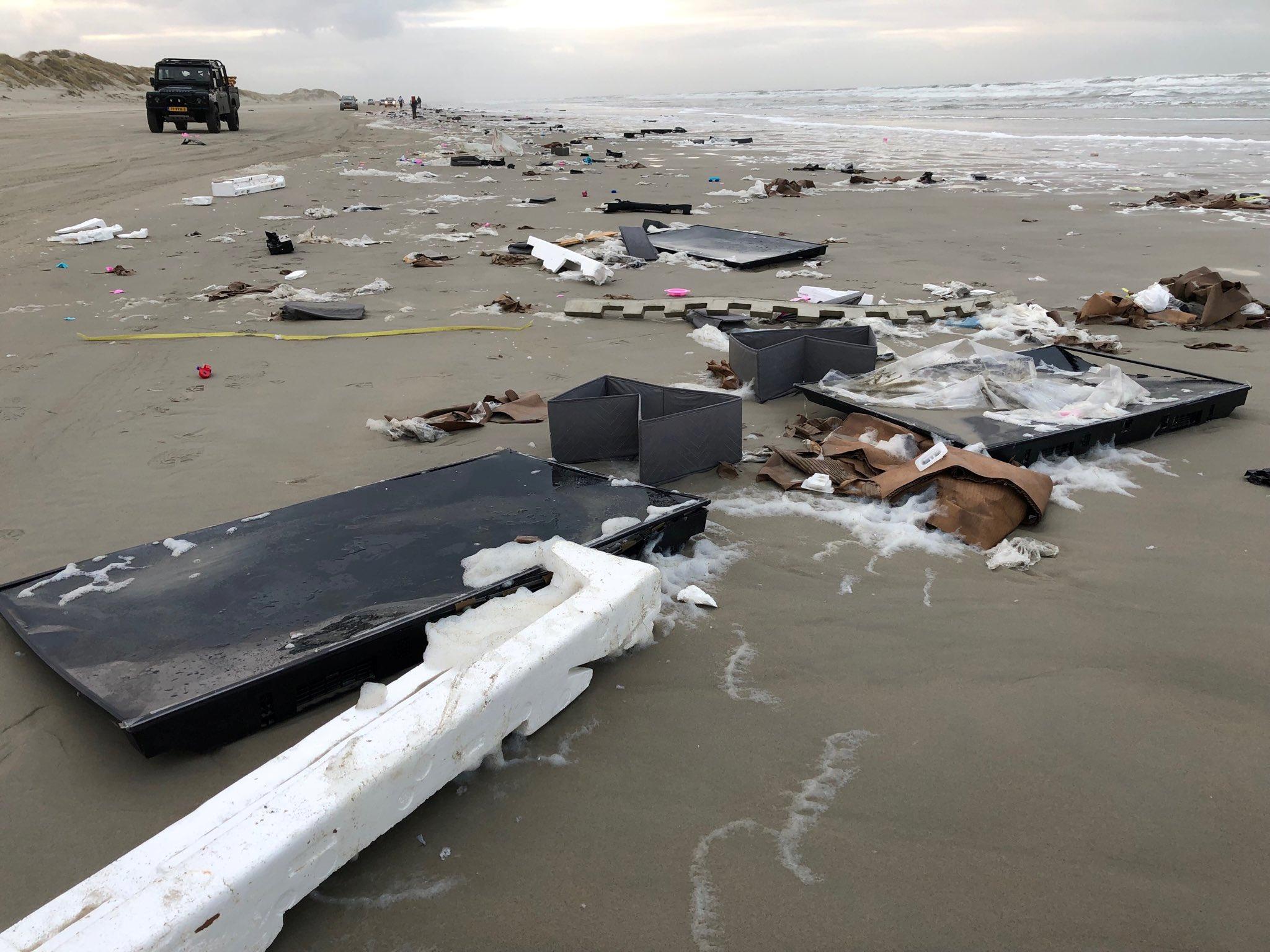
In October this year we paid a visit to the Zeehondencentrum to see the work they have been doing, give a talk about the global issue and, of course, also check out the seals :). The centre have now established an exhibition about the disaster and give regular talks to visitors. Items that they recovered are everywhere and in huge numbers. It is a real eye opener on just how big a problem this was and still is. We went to the coastline to take a look for ourselves and the number of pre-production nurdles that can still be found is quite depressing. This is not a problem that is going to go away quickly even though it has now been downgraded. The amount of money that has gone in to sorting out this issue is 3.35 million Euros – that doesn’t even get close to resolving the longer term impacts.
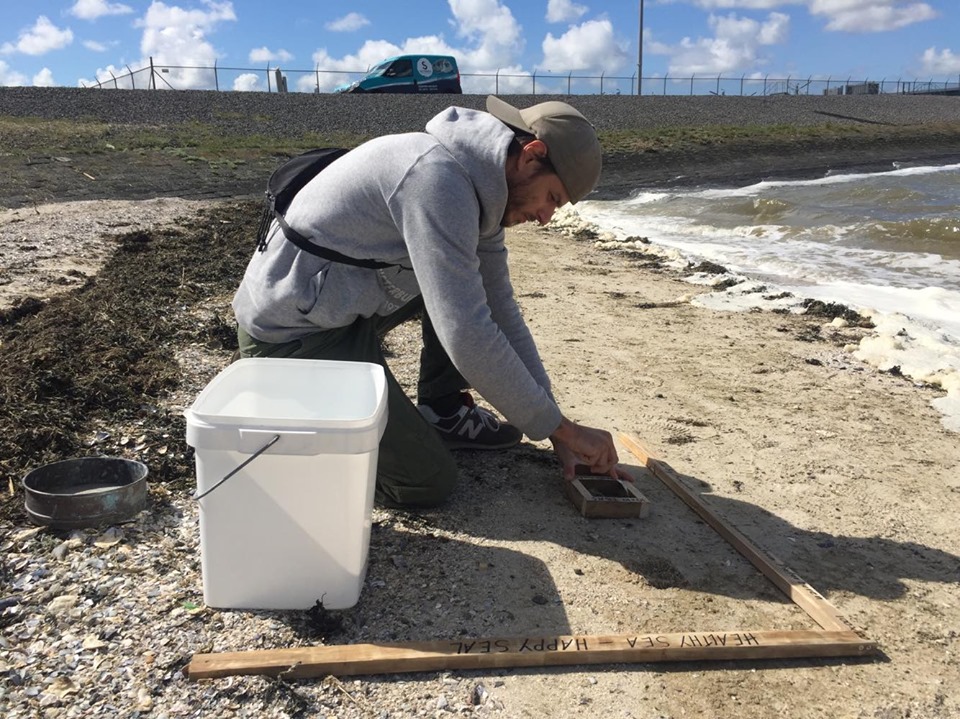
In spite of the massive clear up efforts rubbish is still coming ashore. According to the Rijkswaterstaat (Public works and water management) they have now recovered 298 containers, but that still leaves many unaccounted for. One of the biggest problems has been the pre-production pellets, or nurdles that were mentioned previously, that have spilled from the containers. In order to monitor the impact and measure how it changes over time, we will be working alongside Zeehondencentrum Pieterburen who are going to be undertaking a series of microplastic surveys to try and understand more about the scale and distribution of the problem.
